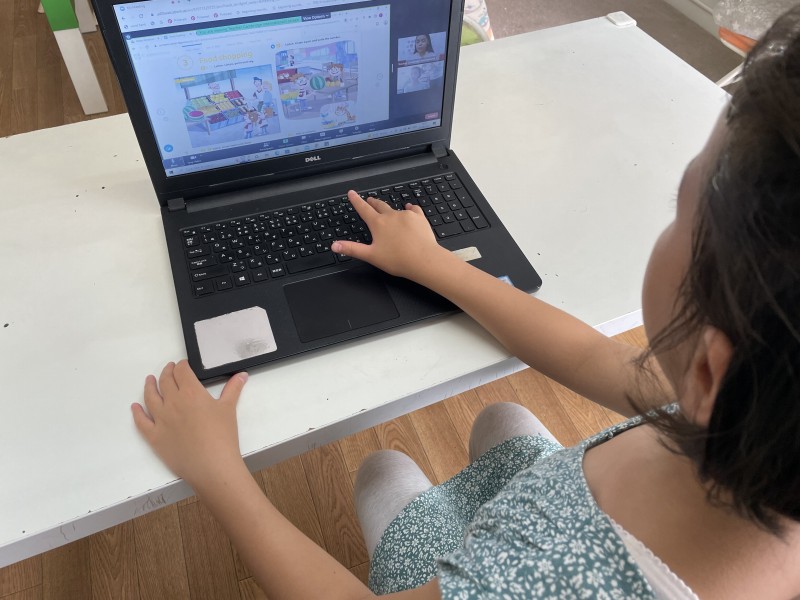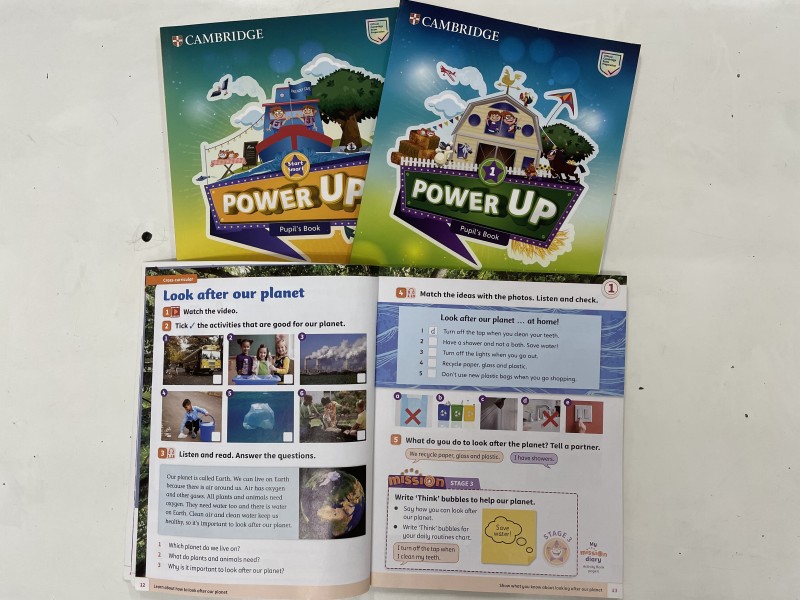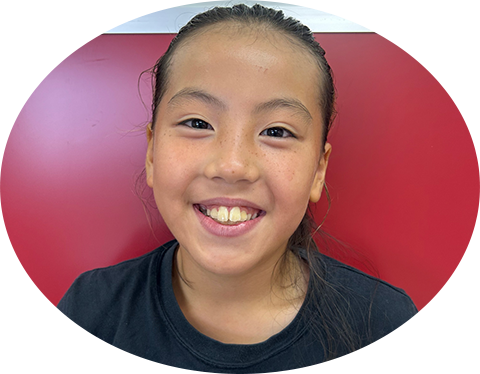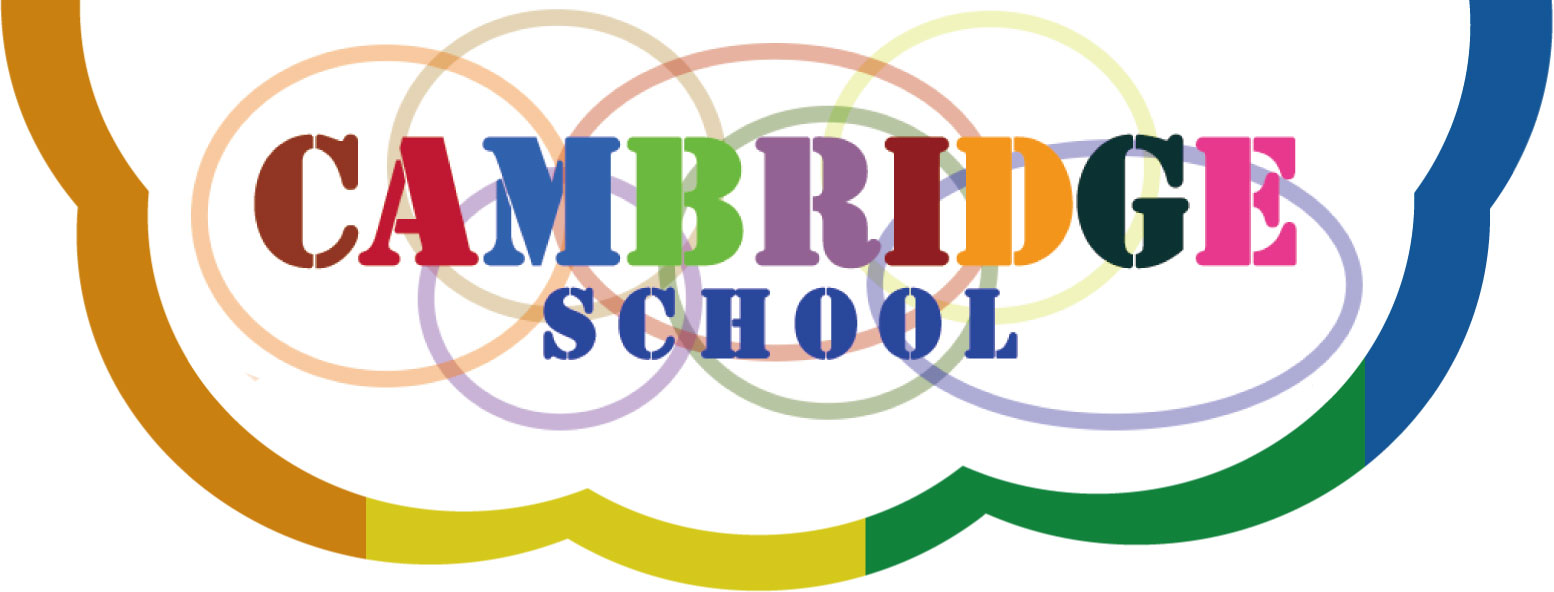Online Class
Take the next step in your child’s education
Cambridge International School is an expert in the field of education, and we provide the highest standard teaching and education materials. We offer full school curriculums at each grade level as well as specially designed courses for individual needs. We cover a range of different courses, which can be studied in person, online, or through using our advanced system software, or a combination of these. All online and system courses are accompanied by Zoom classes with qualified instructors.
Our English courses consist of Starters 1 & Starters 2 for beginners and the Power Up series 1 through 6 from Cambridge University Press. Power Up presents content such as vocabulary and grammar using a multi-media approach such as videos, stories, flash cards, audio, as well as using real-world situations, authentic texts, and cross-curricular materials.
The Online Classroom
The Cambridge on-line classroom is a live and dynamic interactive environment in which students study English, mathematics, and test preparation such as Eiken, IELTS, Cambridge tests, and more. There are also courses that can be studied in Japanese. Students and their instructor can communicate just as in a traditional classroom setting. The online classroom environment embodies those aspects traditionally found in a classroom such as various prepared documents and slides that can be shared online, e-books, flash cards and other materials, as well as a common whiteboard on which to write. In the online classroom students have a chance to ask their own questions and have their say. Also, both our one-to-one, and the small group (2~3) classes, mean you will get the best out of learning because you are guaranteed attention and personal support from your expert teacher. In addition, teacher comments in the form of reports are provided as an additional but important component of instructional support.


Online Class Methods
Our online courses provide a systematic approach to learning in which the teacher and student are in a partnership. The individual courses aim to develop the skills of the student over time. Every age group has its own characteristics. In the initial course offerings (Starters 1 and Starters 2) students require more and longer input to show production. The acquisition of English has to grow, and this is achieved using a communicative approach which focuses on oral skills and cross-curricular lessons. Subsequently, in the Cambridge English Courses 1 through 6, we expand the skill set and further foster real-world learning to deepen student’s social and cognitive skills.
Starters 1 & 2 provide the framework for students beginning on their Cambridge English learning journey. Language is presented orally using stories, cartoons, pictures, and songs to provide context in realistic ways. Flashcards, matching and circling exercises, and games are used to provide core vocabulary. The courses develop social and collaborative skills as well as naturally integrating test preparation. Formative assessment is also used to equip students with the skills to approach the Cambridge Young learner’s tests with confidence.
Textbooks

Our classes focus on:
- Engaging topics and tasks with underlying objectives
- Communicative activities to develop vocabulary and grammar
- Real world contexts and language (such as using e-books, pictures, cartoons, magazine articles, stories, music, grammar games)
- The use of Jolly Phonics to develop reading and writing and pronunciation
- Student-centred learning maximising student talk-time
- Scaffolded tasks to maximise student potential
- Use of English (Functional and Situational)
- Practise exam preparation and skills for success in school exams
- Learning at your own pace and in a way that will allow you to complete your study and build your confidence to speak and use English
Exam and Test Prep
Cambridge can help you prepare for a variety of English language certification exams, including Eiken, Cambridge English Language Testing System, and IELTS. In our classes we use a variety of materials, such as textbooks, authentic reading and listening materials, as well as previous test questions from the relevant examining bodies. We practise each of the key categories in the specific exam such as the four skills: reading, writing, listening, and speaking tests.
At Cambridge the classes for the exam prep are based on the student’s current level and needs which we determine through an assessment test as well as student goals. Once we have determined an appropriate starting point and curriculum, we proceed according to a schedule related to the timing of the exam.
Customer reviews

M.L.
(9-year-old girl)

K.C.
(8-year-old girl)
The lessons are one-on-one, so I can often see my daughter, who is shy and rarely speaks up in group lessons at other schools, trying to communicate in English in a fun and positive way with the teacher.
 Learn phonics the same way as a native speaker
Learn phonics the same way as a native speaker
A school that nurtures inquiry through innovative tasks with a focus on communicating as we learn
We offer a full curriculum of language arts, mathematics, science, Montessori, perceptual and motor development as well as Jolly Phonics.
Contact Us
Cambridge School

Either Japanese or English is acceptable
Weekdays from 9:00 a.m. to 6:30 p.m






Through phonics, I feel that her reading and writing skills have improved. Whenever she encounters English in daily life, she tries to read by herself and explains it to me as well.